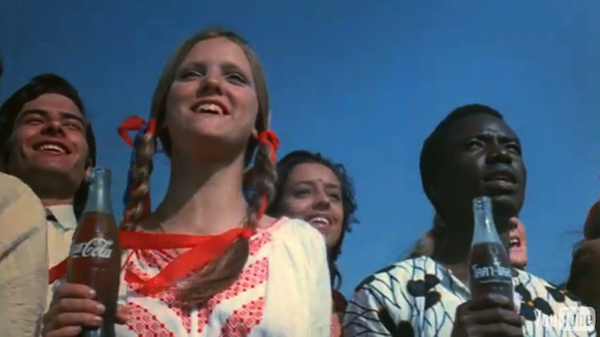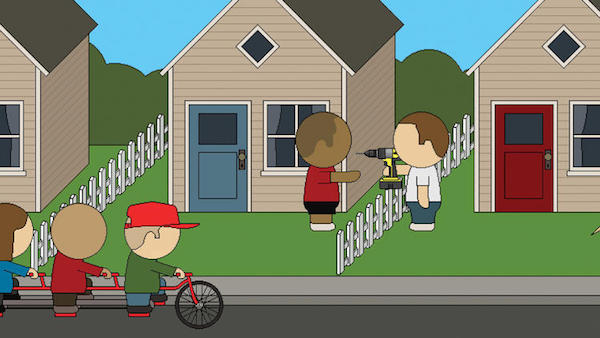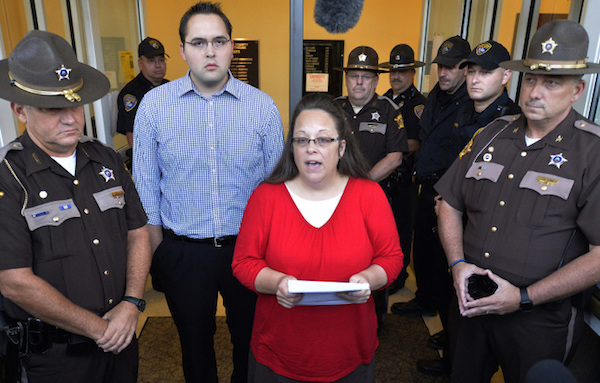Is product integration a necessary evil, or a slow defeat?
Emily Nussbaum is one of the best people writing about television, and in a recent New Yorker piece on the relationship between shows and advertisers, she examines the faustian deal between creators and the brands that want into their shows.
There’s a common notion that there’s good and bad integration. The “bad” stuff is bumptious—unfunny and in your face. “Good” integration is either invisible or ironic, and it’s done by people we trust, like Stephen Colbert or Tina Fey. But it brings out my inner George Trow. To my mind, the cleverer the integration, the more harmful it is. It’s a sedative designed to make viewers feel that there’s nothing to be angry about, to admire the ad inside the story, to train us to shrug off every compromise as necessary and normal.
She acknowledges the need to pay for art somehow (“Perhaps this makes me sound like a drunken twenty-two-year-old waving a battered copy of Naomi Klein’s “No Logo.””), but on a deeper level, asks if we’ve given up too much of the art’s integrity in the process.
Do you perceive product placement as it happens? Does you perceive it as a violation? A distraction? Or an easily ignorable part of watching television?
Understanding that the creation of entertainment, and TV in particular, has to be paid for somehow, is this an acceptable trade-off?
If so, what do you think the effects are on you as a viewer?




